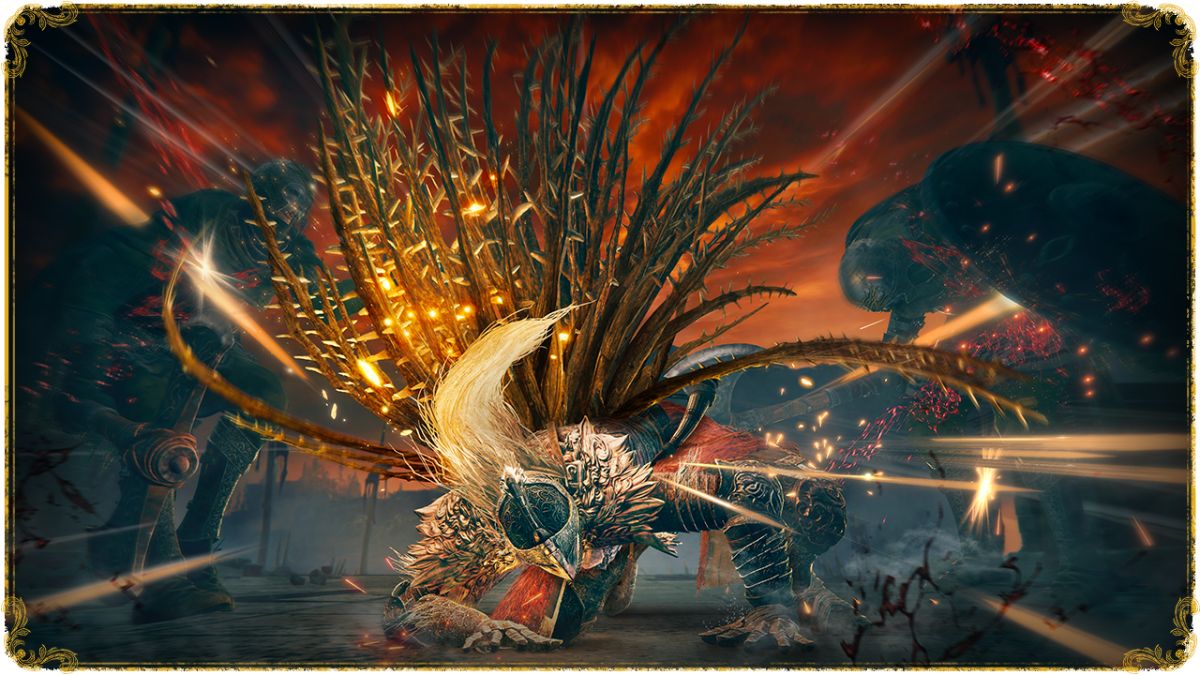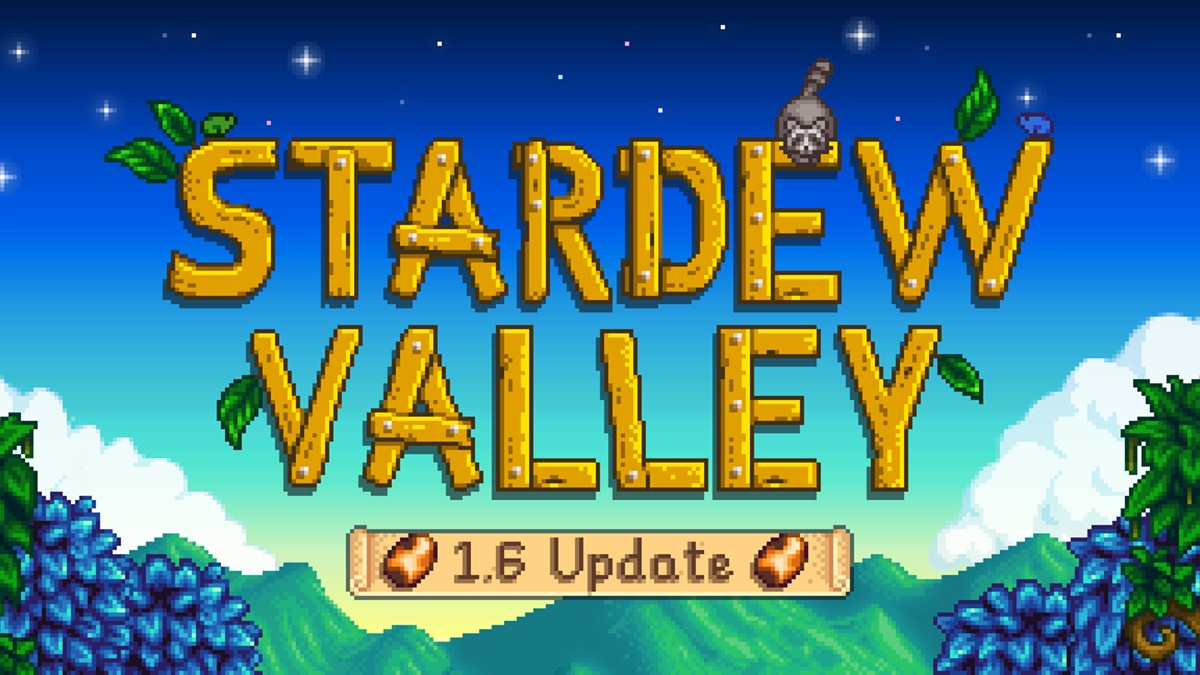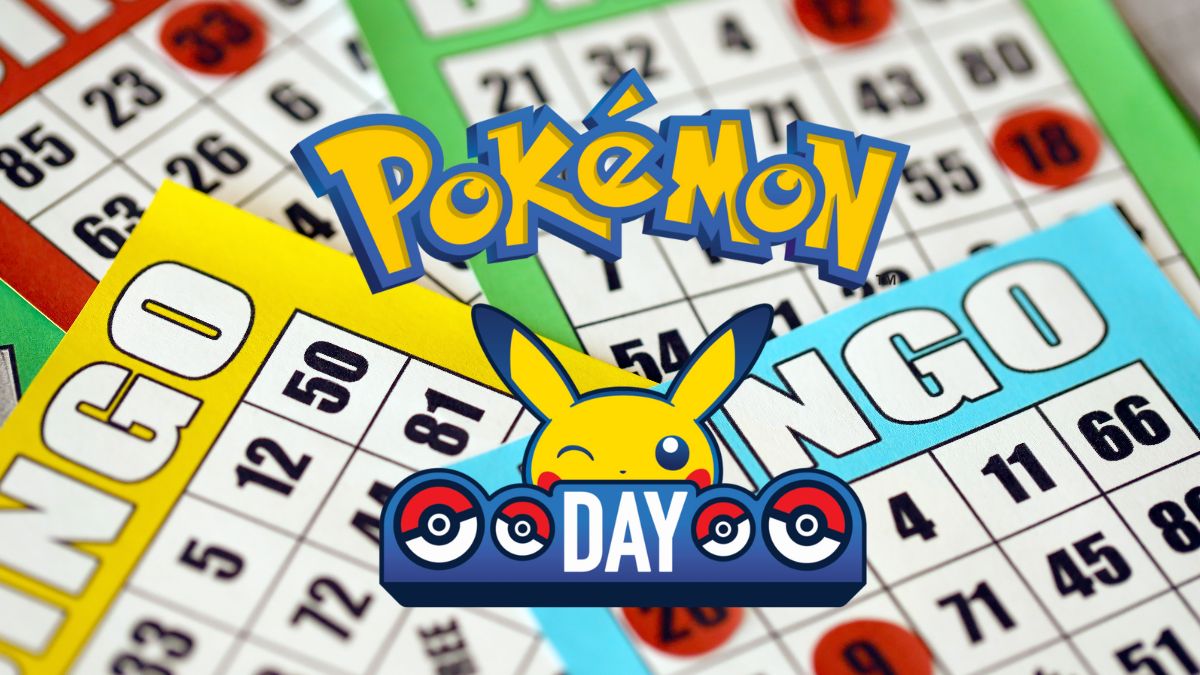In a recent interview with Finder, several questions surrounding Ubisoft’s Project Quartz, the company’s first foray into NFTs in games, were posed to the initiative’s director, Nicolas Pouard. Many of these questions focus on the hugely negative reaction that video game fans have expressed since the company announced Project Quartz last December.
When asked what he thought about the potential success of NFTs in games given this reaction, Pouard said, “Well, it was a reaction we were expecting.” Adding that, Quartz is merely the first step toward something much bigger. While Pouard says that Ubisoft is listening to fan feedback, the consensus at the company is that they’re going to continue moving forward with implementing similar initiatives because they believe they are the future of gaming.
Finder asked what Ubisoft saw as the positive benefits to players from NFTs. Pouard responded that these NFTs give players something they can sell on when they’re done with the game. This is what he sees as the endgame and admits that the company has to go against the flow in many areas while reaching toward it.
Pouard also revealed that the reason Ubisoft called its NFTs Digits was a way to differentiate them from NFTs. However, he admits that the company knew that its players would see through any sort of lie it tried to tell, which is why the marketing campaign didn’t attempt to cover the fact that this is an NFT initiative.
The interview goes over a couple of other topics, such as how eco-friendly Quartz is and the ins and outs of how players will acquire their NFTs in the future. It ends with Pouard telling Finder that “we see that the ecosystem for a game can be much, much bigger than what a game is today in terms of value creation for everyone.”







Published: Jan 28, 2022 08:39 am